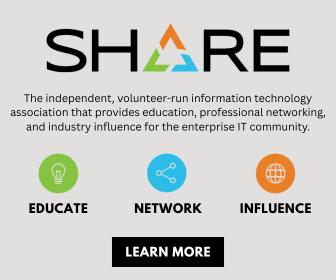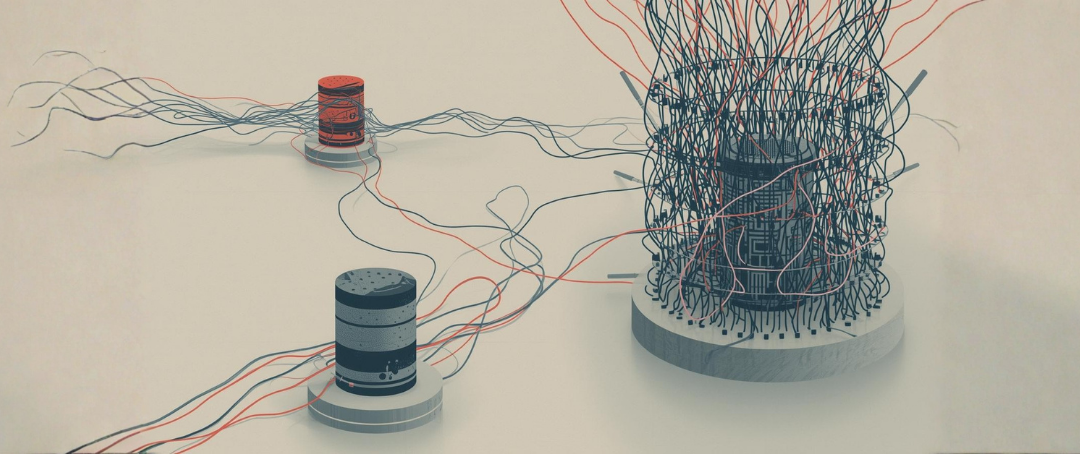Purpose beats panic. Don’t let FOMO define your AI roadmap.
Artificial Intelligence (AI) conversations are happening throughout the industry right now. With that momentum comes something less helpful: the fear of missing out, or FOMO.
You may hear it in side conversations or see it in worried eyes – the sense that every organization needs to “do AI” immediately, even if it hasn’t defined the problem they’re trying to solve.
In this brief video, experts from the mainframe ecosystem speak plainly about where AI fits, what’s realistic, and what matters most looking ahead.
Featuring:
Gary Thornhill – PopUp Mainframe
Derek Britton – PopUp Mainframe
Andy Penlington – Vertali
Mark Wilson – Vertali
Anthony Anter – BMC
Vaughn Marshall – Broadcom
Jeremy Hamilton – BMC
Elliot Jalley – Open Mainframe Project
Peter Enrico – EPS
AI Should Solve Problems, Not Create Them
Has your organization considered AI as a virtual mentor or assistant, something that analyzes code, answers questions, and empowers teams? It’s a common place to start. To assuage fears, these leaders argue that virtual mentors are not a replacement for human expertise, but rather, an accelerator.
“How can AI be sprinkled on top of what teams are already doing to help them achieve more?” – Derek Britton, PopUp Mainframe
When used intentionally, AI frees up human resources to focus on innovation, troubleshooting, and advancing the platform. Which is the opposite of FOMO-driven adoption; it’s purpose-driven adoption.
Autonomous Futures Emerge
Some envision a mainframe that detects problems, fixes them, and continues to run without anyone being aware of the issues. That future is coming, and the platform already has the power and reliability to support agenic AI.
But no one is pitching magic. Genuine autonomy grows from clear goals, real operational data, and incremental wins, not panic-driven leaps.
The Risk of Chasing AI Trends
A few speakers call out the FOMO outright: organizations rushing toward “big AI” projects while ignoring simpler, high-impact opportunities already within reach. The message is blunt: don’t let urgency override clarity. Understand the day-to-day work your teams struggle with, then layer AI intentionally where it actually helps your business.
AI Changes the Narrative
There’s also a broader impact. For technologists coming from Linux, Windows, or cloud environments, AI highlights the mainframe’s continued relevance. It demonstrates that the platform excels in areas such as reliability, automation, and secure operations.
Across all these perspectives, one theme stands out above the buzz: How can AI make mainframe teams faster, more secure, and more resilient?
Will AI make mainframes — and organizations — better? That’s the question worth chasing, not based on fear, but opportunity.
Next Steps
Watch the full AI and Automation playlist on Planet Mainframe YouTube.
Read the video transcript.
Check on the latest Planet Mainframe AI articles.









0 Comments